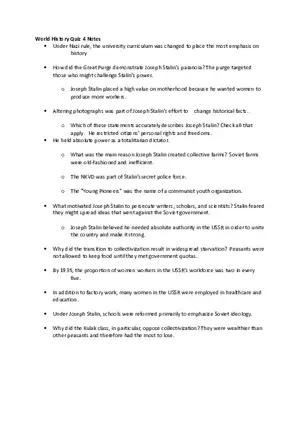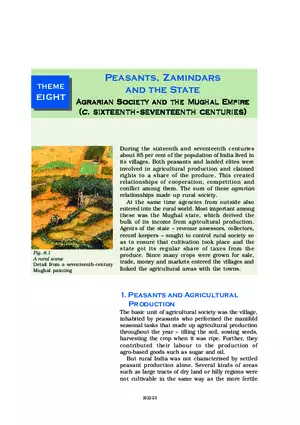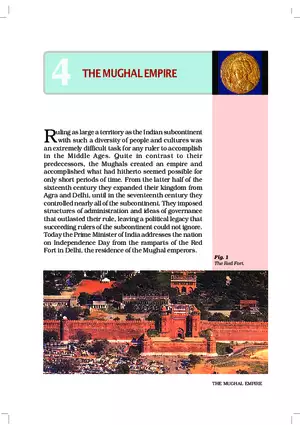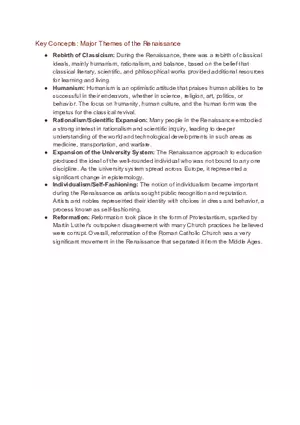Lecture Note
Mau Rebellion Reading Homework
-
University:
Boston University -
Course:
CAS HI 176 | World History 1500-Present Academic year:
2023
-
Views:
50
Pages:
2
Author:
Brooks Mcneil
Related Documents
Report
Tell us what’s wrong with it:
Thanks, got it!
We will moderate it soon!
Report
Tell us what’s wrong with it:
Free up your schedule!
Our EduBirdie Experts Are Here for You 24/7! Just fill out a form and let us know how we can assist you.
Take 5 seconds to unlock
Enter your email below and get instant access to your document












